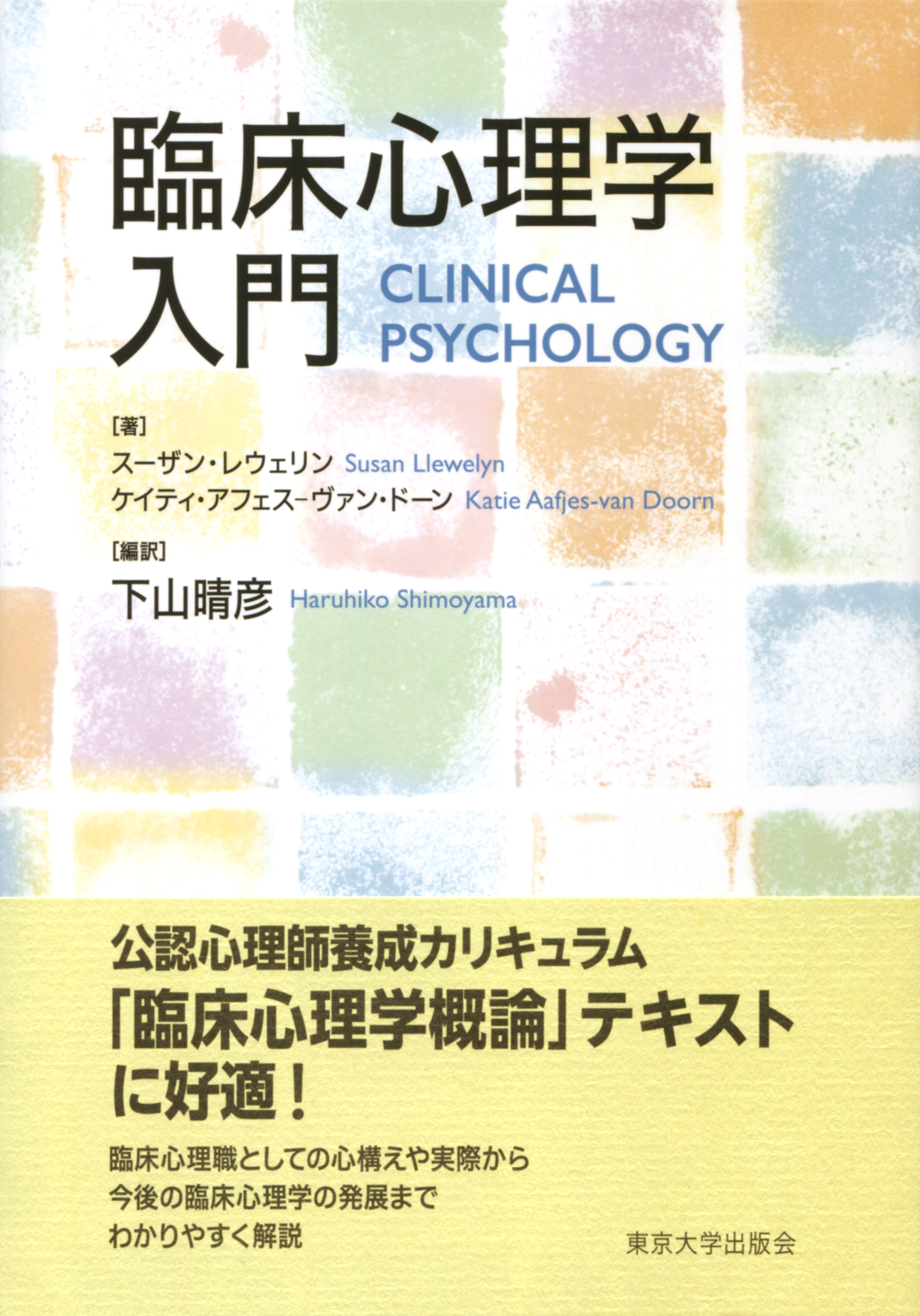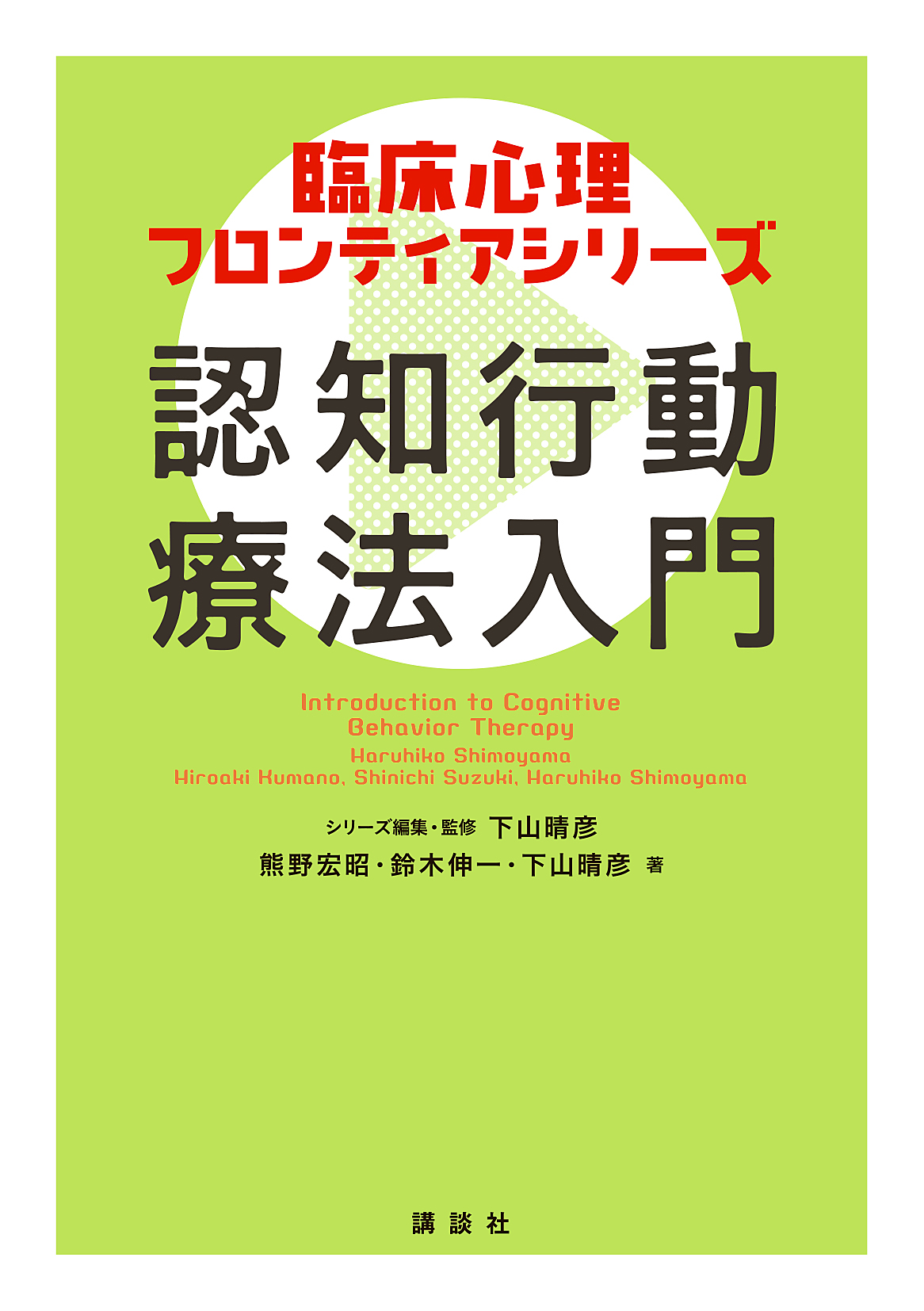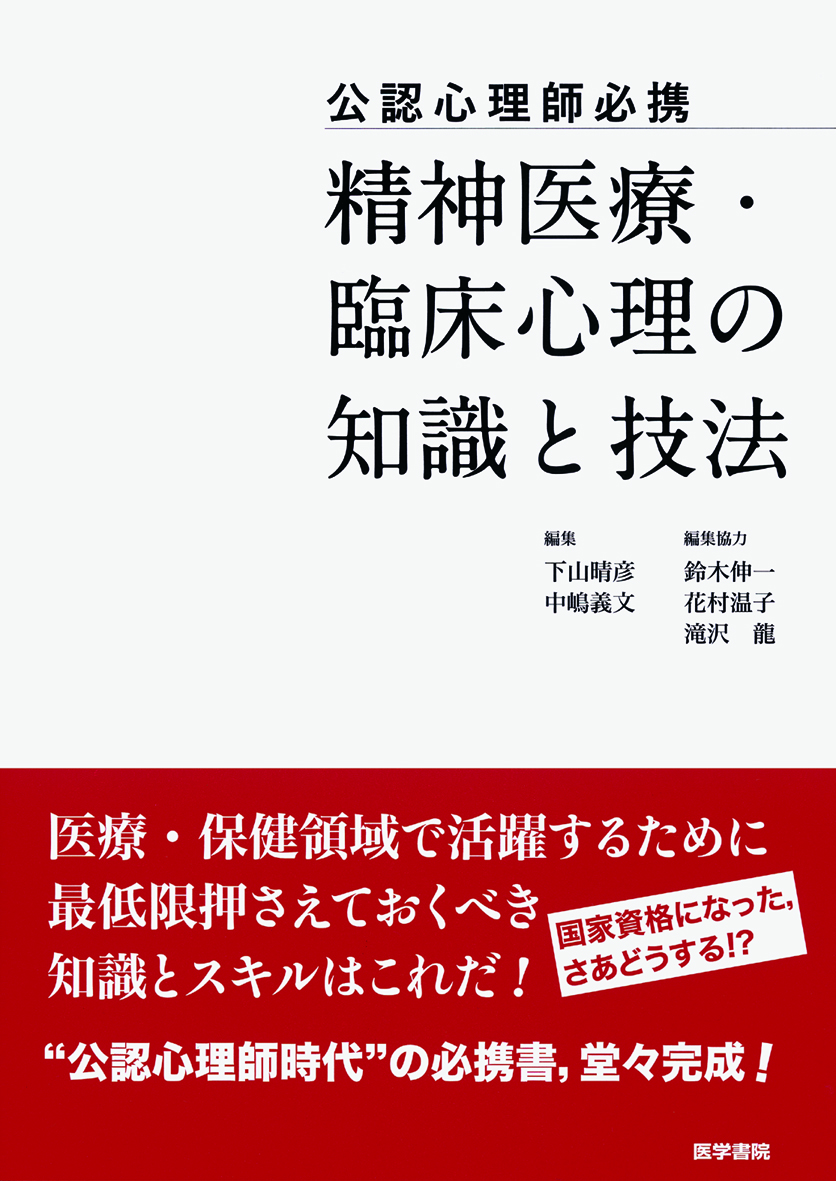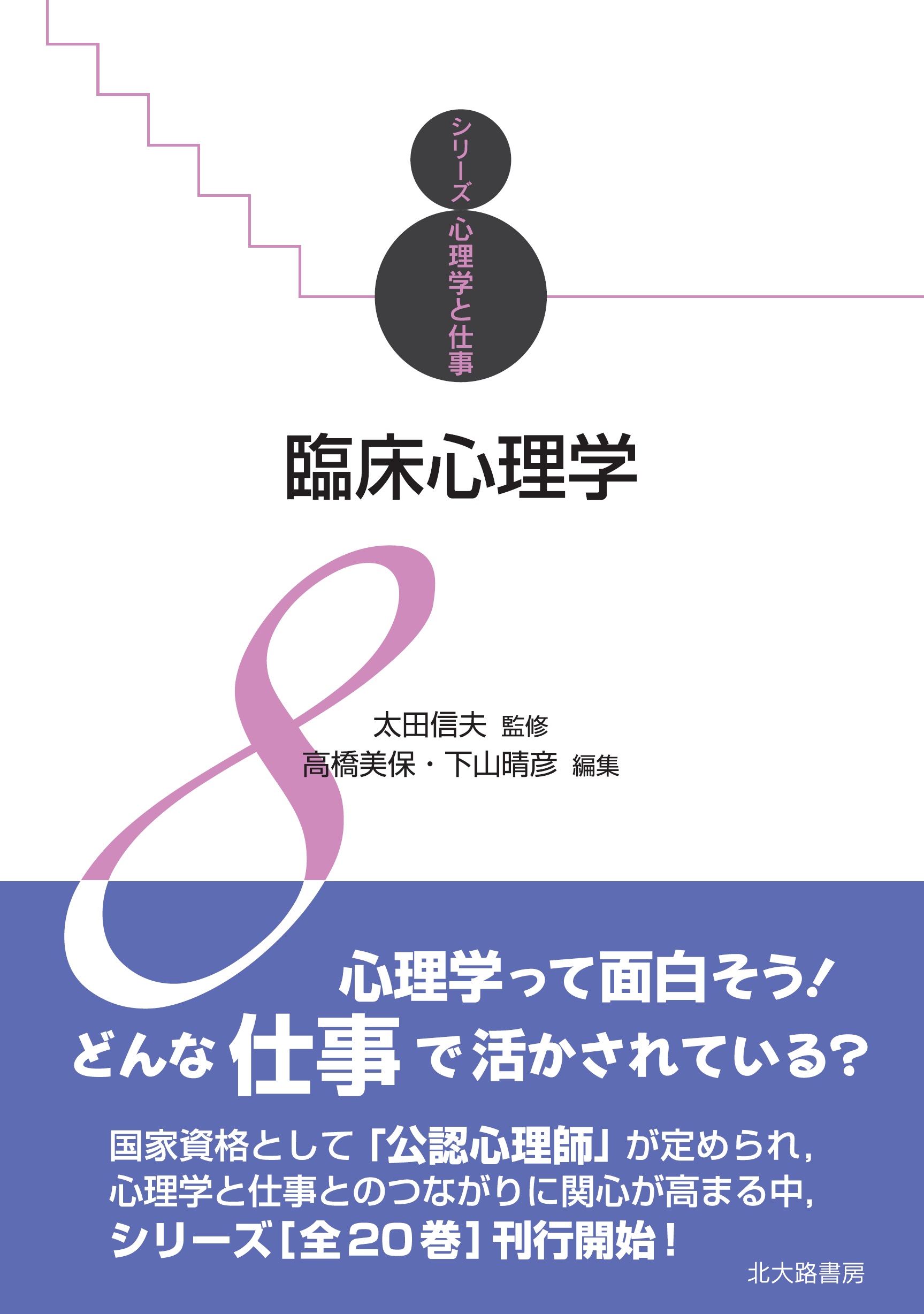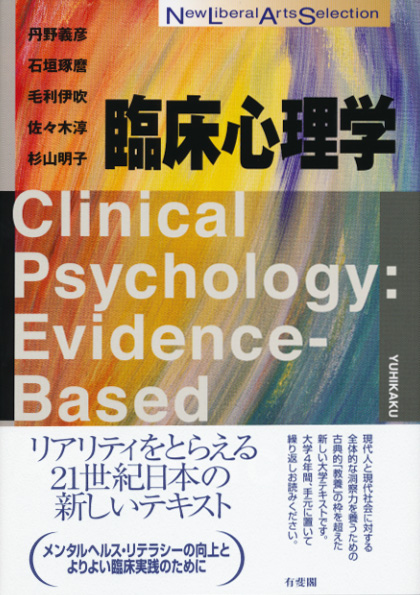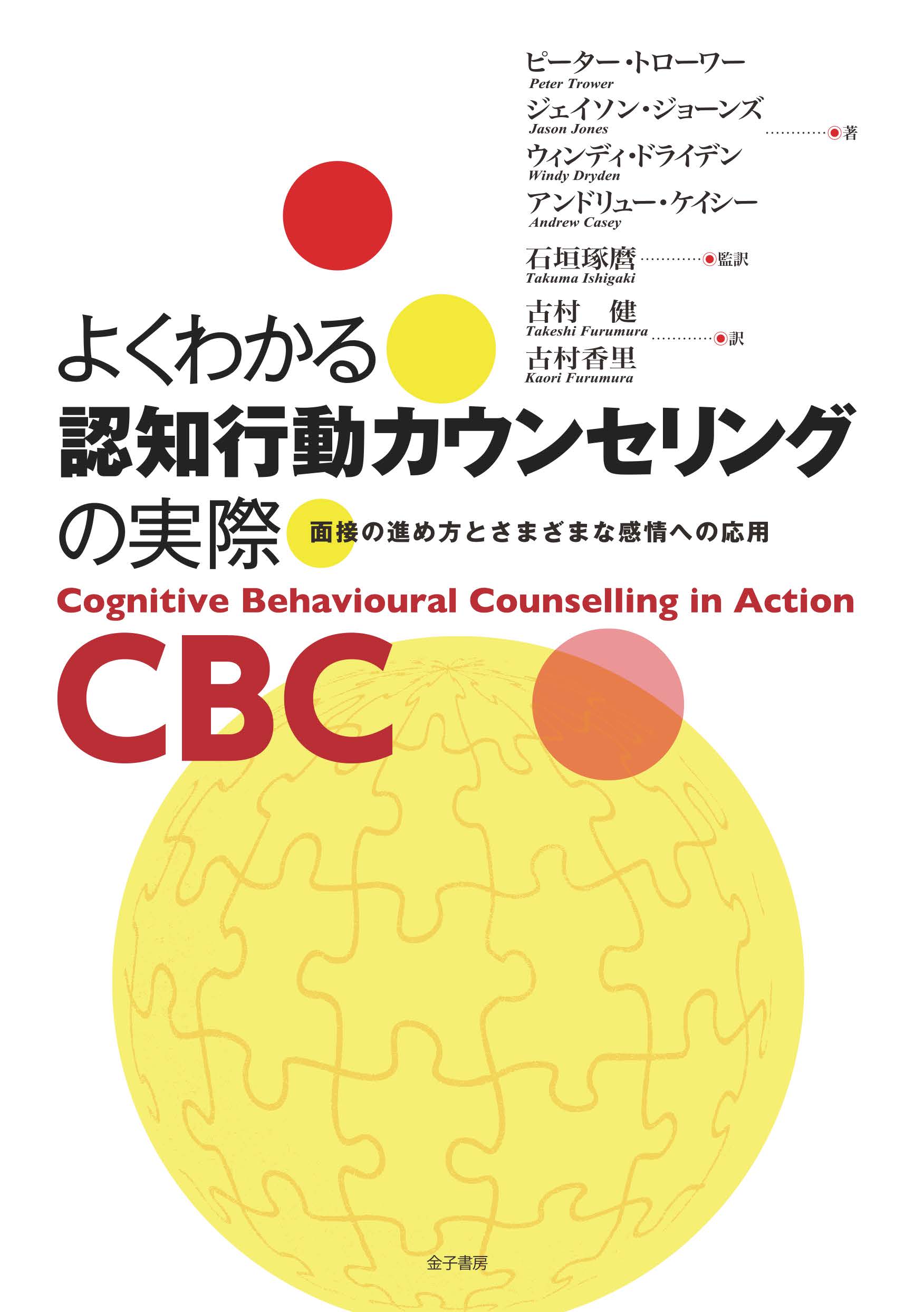
Title
Konin-Shinrishi Essentials (Essentials for Certified Public Psychologists - 2nd Edition)
Size
226 pages, A5 format, softcover
Language
Japanese
Released
January, 2019
ISBN
978-4-641-17445-0
Published by
Yuhikaku Publishing
Book Info
See Book Availability at Library
Japanese Page
There are various psycho-pathological phenomena such as child abuse, crime, bullying, and stalking, and not a day passes without the media covering one of those stories. Mental illness is posing a serious problem in every country in the world. In advanced countries, one in every five adults and one in every 10 children suffer from some form of mental illness. Meanwhile, according to the disability-adjusted life year (DALY), a measure of overall disease burden, mental illness accounts for 38% of overall disease burdens in advanced countries. Responding to such social circumstances, addressing the problem of mental health has become a top priority issue in advanced countries. A hundred years ago, religious practitioners would have been easing people’s stress. In modern times, however, it has become necessary to train scientifically-qualified mental health specialists to take over the task of religious practitioners. Up until recently, there was no national qualification system for psychological profession in Japan. However, in September 2015, the Certified Public Psychologists Act (Act No. 68 of 2015) was enacted by the Diet with the aim of contributing to the maintenance and promotion of people’s mental health.
Masuo Koyasu and Yoshihiko Tanno, who jointly edited this book, were closely involved in the establishment and promotion of this law. Koyasu was a member of a government study panel for developing a curriculum, etc. for certified public psychologists, which convened periodically from September 2016 through May 2017, while Tanno served as a member of a working team set up under the study panel. As such, they were both deeply involved in the formulation of the curriculum in their respective capacities.
The Certified Public Psychologists Act came into force in September 2017, and universities began to offer full-fledged training programs in April 2018. Students aiming to become certified public psychologists are required to complete 25 designated undergraduate courses offered by the department of psychology, etc. first, and then move onto a relevant master’s degree program to complete designated 10 courses or work at least for two years (normally, three years) at a designated organization. And on top of all these, they must pass the national exam. Years of hard work and high hurdles are what awaits them, and there is no reaching the goal with a half-hearted effort.
This book has been compiled to serve as a guide to help aspiring students learn required subjects. With the term “essentials” in the title, we mean that the book contains all that is essentially necessary.
Part I of the book provides an overview of an undergraduate curriculum for training certified public psychologists. Part II provides an outline of a completely new course on the professional responsibility of certified public psychologists, and Part III outlines another completely new course on the relevant public administration. In particular, Part III provides a set of knowledge on relevant laws and administrative rules and procedures required in practicing as a certified public psychologist, a holder of a national license. This is an area that has been poorly covered in the conventional psychology education.
We strongly hope that certified public psychologists will greatly contribute to the maintenance and promotion of people’s mental health in the coming years, with the training curriculum further enhanced and the national qualification system taking hold.
(Written by TANNO Yoshihiko, Professor, Graduate School of Arts and Sciences / 2018)



 Find a book
Find a book



